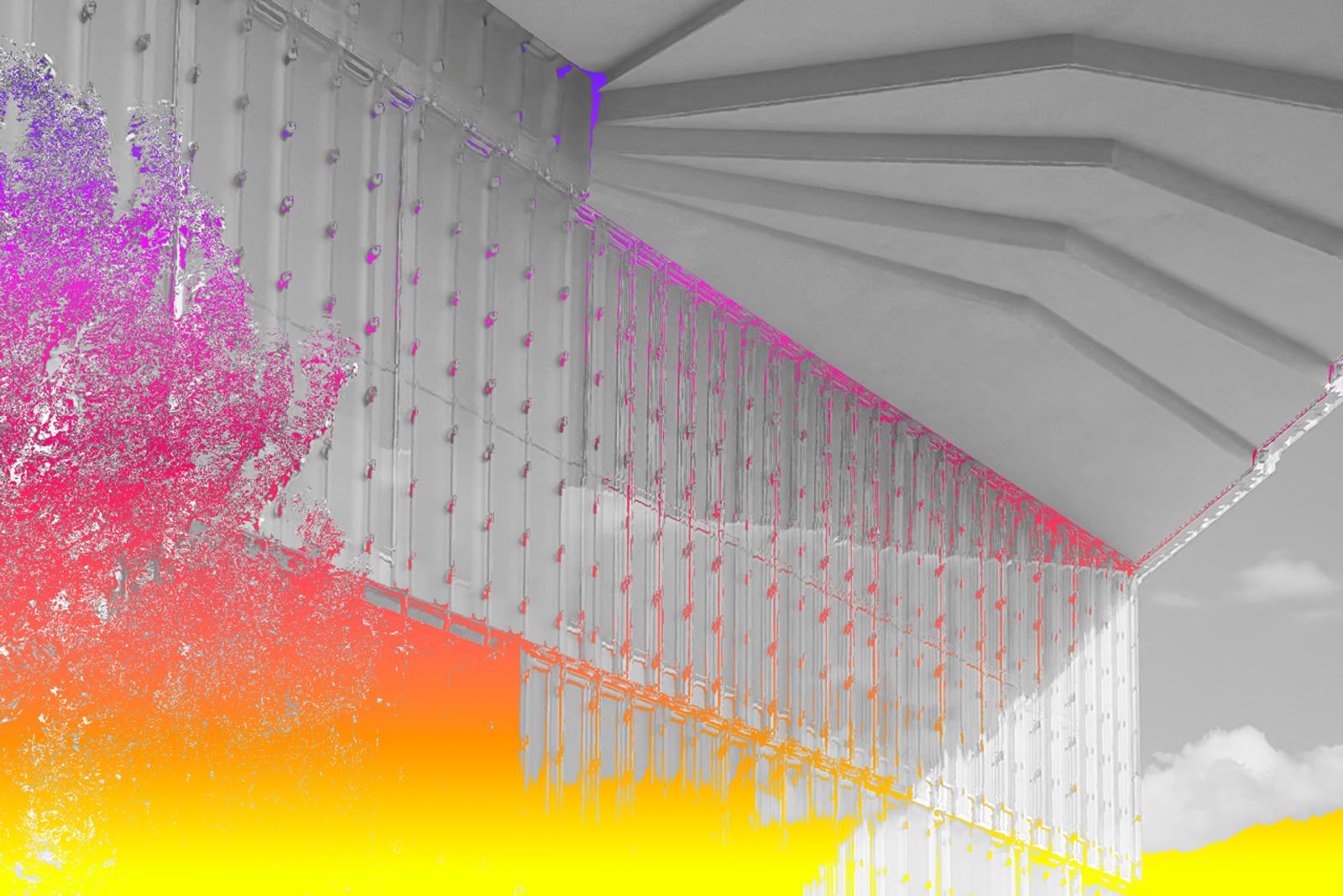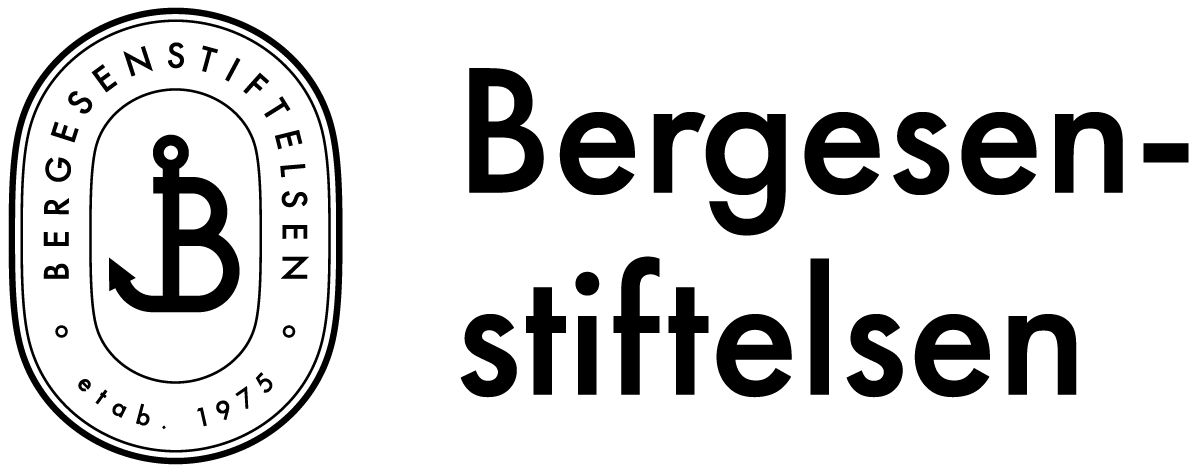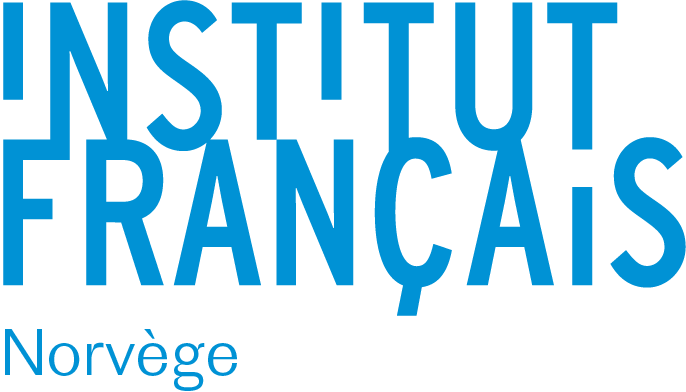Cassettes 100
Aki Onda stages José Maceda
Showings
Showings
Thursday, 18/09
One hundred cassette players. One hundred performers. A drifting procession through public space.
In Cassettes 100 (1971), pioneering Filipino composer and ethnomusicologist José Maceda created a shared soundscape built from recordings of indigenous instruments and environmental sounds. As the cassette players are physically carried around a space, their overlapping loops ripple like a living drone.
At Ultima, Cassettes 100 is reimagined across the vertiginous levels of Deichman Bjørvika, produced by nyMusikk. One hundred students from Edvard Munch videregående skole — dancers and musicians — carry sound through the library under the guidance of artist and curator Aki Onda. A living archive in motion, the performance echoes like a murmuration of memory through the architecture, carried in the steps of youth.
This was Maceda’s first large-scale public work: a quiet revolution that brought the sound of the village into the heart of the city. Inspired by Southeast Asian musical traditions and Western avant-garde ideas, he replaced the speaker arrays of the latter with a choreography of people in motion, using low-tech devices to reshape space through listening.
Central to Maceda’s thinking was the drone — not static, but alive: a dense, shifting field of sound without hierarchy, where tapes meet, drift, and recombine into shimmering constellations.
Yet this sonic freedom unfolded in tension with power. The work was enabled by cultural support from the authoritarian regime of the time — a paradox that haunts its realisation. Maceda’s legacy remains shaped by bold experimentation and the contradictions of working in proximity to state control.
Context talk: Cassettes 100
18 September 15:45 – 16:30 Deichman Bjørvika I Musikkavdelingen
Free admission
nyMusikk and Deichman Bjørvika invite you to a conversation about José Maceda’s Cassettes 100, with Aki Onda, Jennifer Torrence, performer and project initiator at nyMusikk, and meLê Yamomo, professor of artistic research and specialist in Southeast Asian music archives. Moderated by curator Katya García-Antón.
Created in 1971, the work unfolds as a collective soundscape of recordings of indigenous instruments and natural sounds, played back on cassette players carried through the space. The overlapping layers form a shifting drone, inspired by Southeast Asian traditions and philosophies of time, as well as the Western avant-garde’s experiments with sound spatialisation.
The piece reflects both radical experimentation and the paradox of having been created under an authoritarian regime. At Ultima, it will be reimagined by Aki Onda, choreographer Carlisle Sienes and 100 students from Edvard Munch Upper Secondary School.
The conversation takes place in Deichman’s music department. it will explore the significance Cassettes 100 held in its original Manila context, and the role the work may have today in light of historical context, interpretation and collective memory.
Fakta
- The performance unfolds throughout the public areas of Deichman Bjørvika. Be on time – and follow the crowd.
- The Marcos dictatorship ruled the Philippines under martial law from 1972 to 1986, marked by censorship, repression, and the politicisation of culture.
- Over the past decades, curator and sound artist Aki Onda has revived international interest in José Maceda. Aki Onda also presents his own work at this year’s festival in Classic Album Sundays.
- nyMusikk is a nationwide organisation for contemporary music, founded in 1938 to promote radical, experimental and genre-crossing music throughout Norway. In 1991, nyMusikk was among the founding organisations of Ultima.
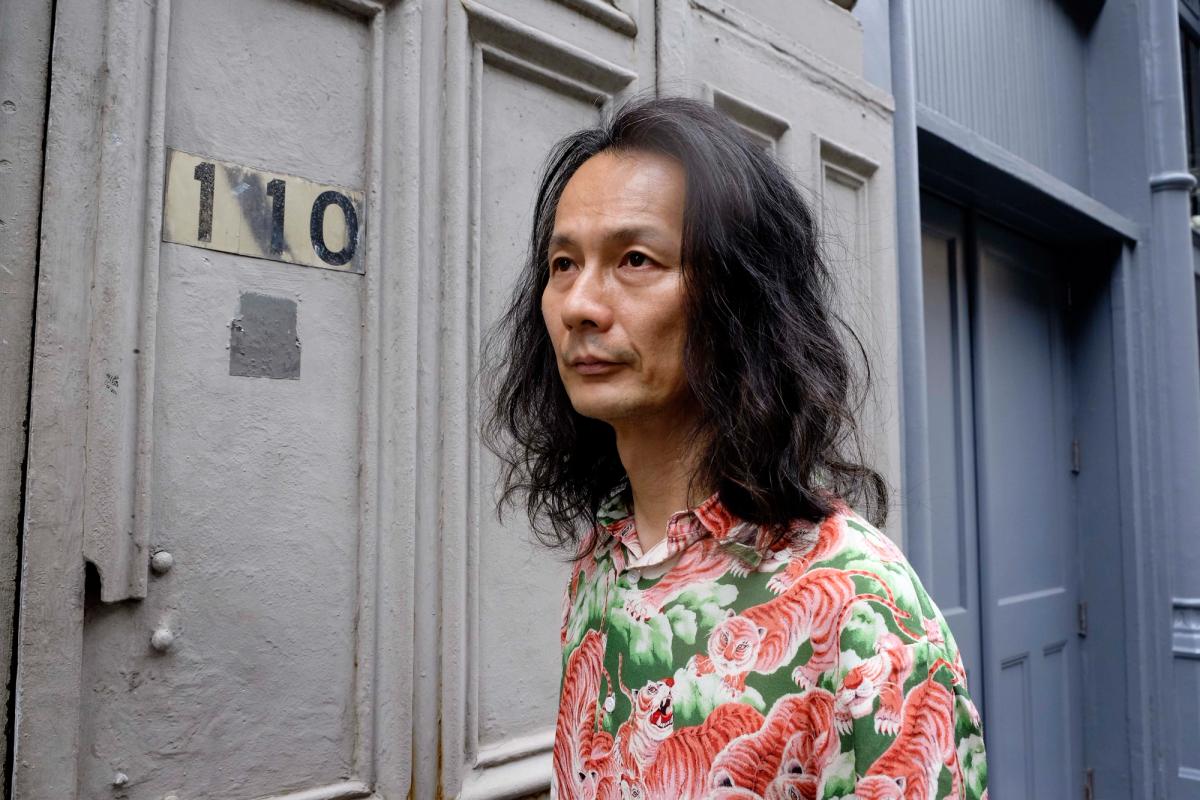
Aki Onda. Photo: Maki Kaoru
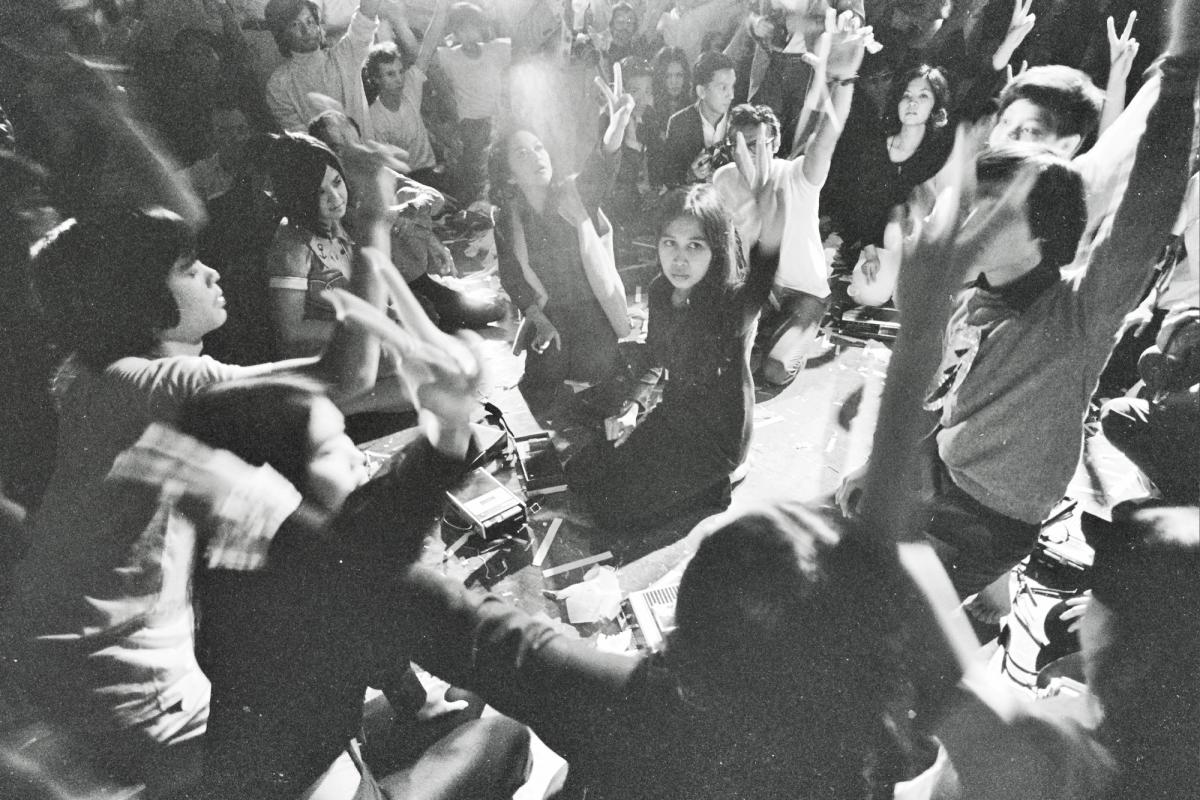
José Maceda Cassette 100 in the lobby of the Cultural Center of the Philippines, 1971. Photo: Nathaniel Gutierrez. Courtesy of UP Center for Ethnomusicology and Annatha Lilo Gutierrez.
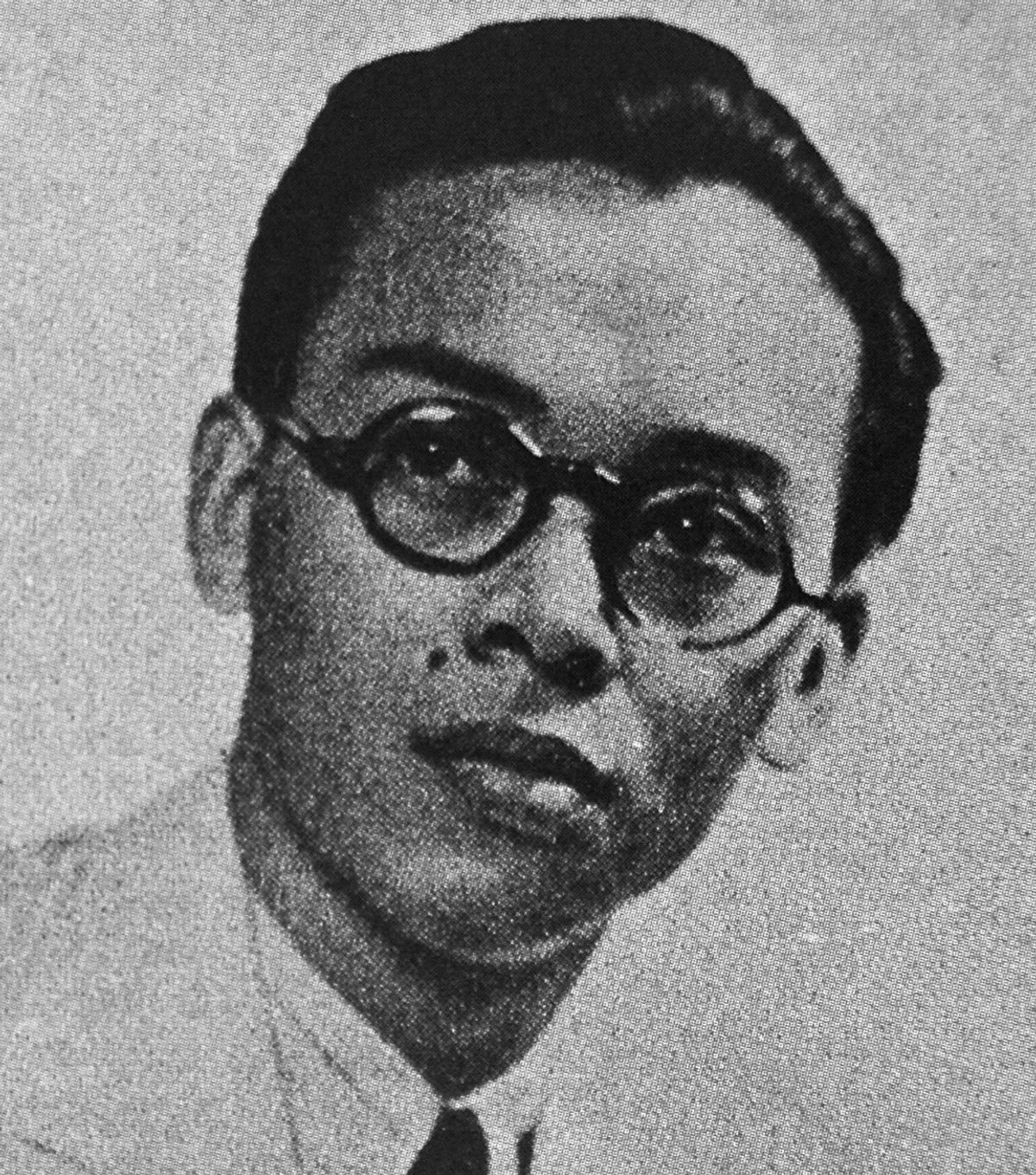
José Maceda. CC BY-NC-SA 2.0
Music by
- José Maceda
Featuring
- Dance and music students from Edvard Munch Upper Secondary School
Artistic direction
- Aki Onda
Choreography
- Aki Onda
- Carlisle Sienes
Sound engineering
- David Dino Guadalupe (UPCE)
Conversation participants
- Aki Onda
- Jennifer Torrence (nyMusikk)
- Dance and music students from Edvard Munch Upper Secondary School
- meLê yamomo
- Katía Truijen (concept)
- Katya García-Antón (moderation)
Produced by
- nyMusikk
In collaboration with
- Deichman Bjørvika
- Edvard Munch Upper Secondary School
Co-funded by
- The Bergesen Foundation
- Sparebankstiftelsen DNB
With special thanks to
- UP Center for Ethnomusicology (UPCE), University of the Philippines
